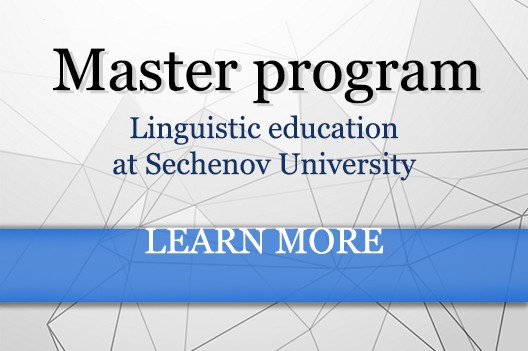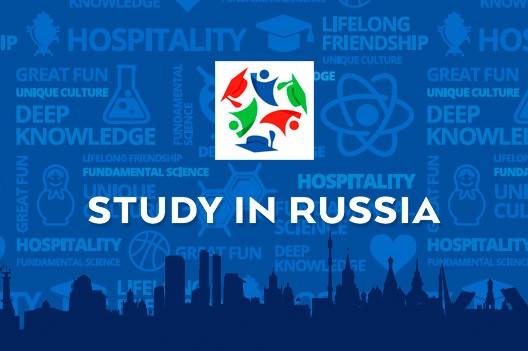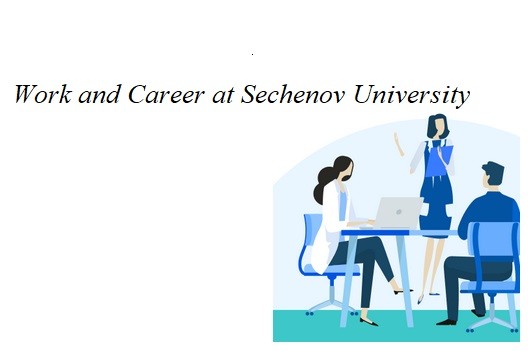-
About University
- Mission & Brand Strategy
- University Leadership
- Rector's Welcome
- History
- Regulatory Documents
- Contacts
- Staff
- International Recruitment
- Partners
Applicants- Why Sechenov University
- Degree Programmes in English
- Preparatory Courses
- Non-Degree Programmes
- Transfer from other Institutions
05.10.2021Multiple sclerosis and psoriasis studies within ERA.Net RUS Plus
A project led by Sechenov University in collaboration with research centres in Turkey and Moldova has won the competition of international scientific projects within the ERA.Net RUS Plus programme, an initiative of the European Union. The project also received funding from Russia’s federal budget.
The project, which focuses on the use of regulatory T cells exosomes in murine models of multiple sclerosis and psoriasis, is designed by Sechenov University’s Biomedical Science and Technology Park, together with Erciyes University (Kayseri, Turkey) and Nicolae Testemițanu State University of Medicine and Pharmacy (Chișinău, Moldova). This scientific collaboration should result in new approaches that could be used in the prevention and treatment of multiple sclerosis and psoriasis. Also, the findings could be implemented to improve diagnostics, monitoring, and personalised treatment of autoimmune diseases.
‘Our project is aimed at the preventive and therapeutic potential of a new type of cell-free biologically active agents, exosomes, in autoimmune inflammatory diseases’, said Denis Butnaru, Sechenov University’s Vice-Rector for Science. ‘In this project, we will isolate and comprehensively characterise exosomes derived from polyclonal, antigen-specific regulatory T cells and multipotent mesenchymal stromal cells’.
The scientists are planning to use machine learning and metagenomics to identify changes in the microbiomes of the skin and intestine. Also, they expect to establish new diagnostic markers.
The ERA.Net RUS Plus programme is a partnership between the European Union and Russia aimed at enhancing the co-operation in innovation, research, and development. ERA.Net RUS Plus is a follow-up to the previous ERA.Net RUS initiative which ran between 2009 and 2013. The major objective of ERA.Net RUS Plus is to broaden the transnational collaboration between Russia, EU member states, and EU associated countries.
The Russian part of the project is financially supported by the Ministry of Science and Higher Education of the Russian Federation.
Embed on website
Multiple sclerosis and psoriasis studies within ERA.Net RUS Plus
A project led by Sechenov University in collaboration with research centres in Turkey and Moldova has won the competition of international scientific projects within the ERA.Net RUS Plus programme, an initiative of the European Union. The project also received funding from Russia’s federal budget.
The project, which focuses on the use of regulatory T cells exosomes in murine models of multiple sclerosis and psoriasis, is designed by Sechenov University’s Biomedical Science and Technology Park, together with Erciyes University (Kayseri, Turkey) and Nicolae Testemițanu State University of Medicine and Pharmacy (Chișinău, Moldova). This scientific collaboration should result in new approaches that could be used in the prevention and treatment of multiple sclerosis and psoriasis. Also, the findings could be implemented to improve diagnostics, monitoring, and personalised treatment of autoimmune diseases.
‘Our project is aimed at the preventive and therapeutic potential of a new type of cell-free biologically active agents, exosomes, in autoimmune inflammatory diseases’, said Denis Butnaru, Sechenov University’s Vice-Rector for Science. ‘In this project, we will isolate and comprehensively characterise exosomes derived from polyclonal, antigen-specific regulatory T cells and multipotent mesenchymal stromal cells’.
The scientists are planning to use machine learning and metagenomics to identify changes in the microbiomes of the skin and intestine. Also, they expect to establish new diagnostic markers.
The ERA.Net RUS Plus programme is a partnership between the European Union and Russia aimed at enhancing the co-operation in innovation, research, and development. ERA.Net RUS Plus is a follow-up to the previous ERA.Net RUS initiative which ran between 2009 and 2013. The major objective of ERA.Net RUS Plus is to broaden the transnational collaboration between Russia, EU member states, and EU associated countries.
The Russian part of the project is financially supported by the Ministry of Science and Higher Education of the Russian Federation.



